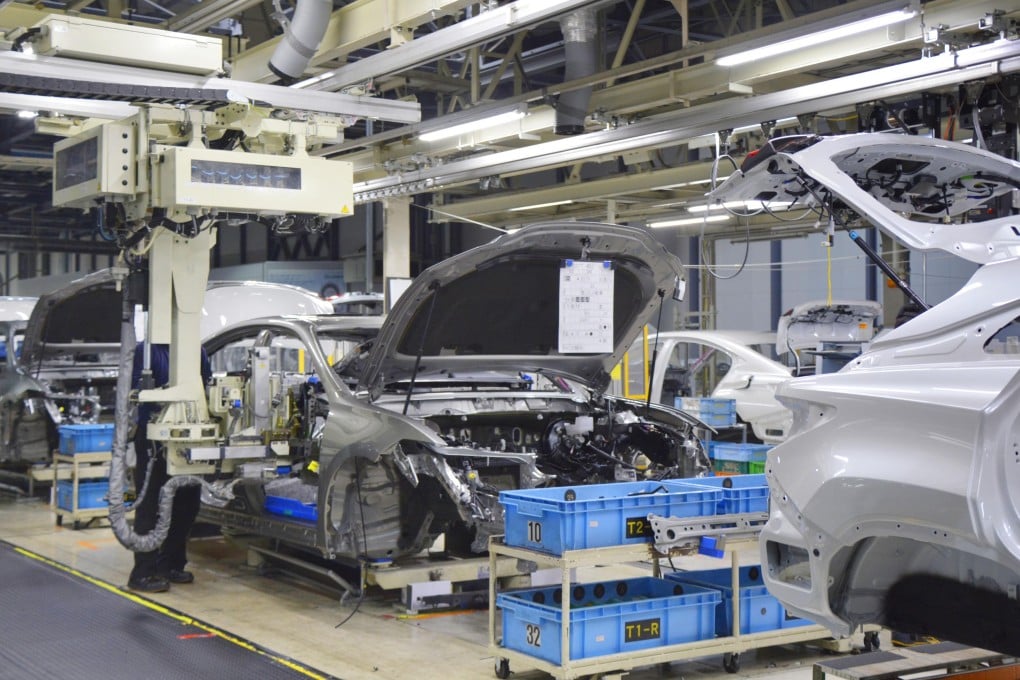US, Japan working towards signing trade deal but critics say Donald Trump’s offer violates WTO rules
- Japanese Prime Minister Shinzo Abe and his American counterpart will meet at the United Nations General Assembly in New York on Wednesday
- Japan is set to cut duties on US farm products, but it is unclear if the US will guarantee not to impose punitive import duty on Japanese car imports

Japanese Prime Minister Shinzo Abe and US President Donald Trump aim to sign a bilateral trade deal by the end of the month, but critics have said Tokyo is not gaining enough from the limited pact, which they charge violates World Trade Organisation rules.
Officials are still working on the specific details of the “broad” agreement reached last month between Abe and Trump, with the key for Japan a reassurance that the United States will not impose punitive import tariffs on Japanese cars which account for a third of its trade with the US.
It is unclear whether Abe will receive that assurance from Trump when the two meet at the United Nations General Assembly in New York on Wednesday.
“We don’t have an agreement until we hammer out the details on goods and digital trade,” a Cabinet Office official said on Tuesday. “At this moment, all we can say is the two sides have agreed on which way we are going.”
We don’t have an agreement until we hammer out the details on goods and digital trade. At this moment, all we can say is the two sides have agreed on which way we are going
Logistically, it would make sense for the two leaders to sign an accord while they are both in New York, but the Japanese government has never confirmed that the signing would happen on Wednesday, as reported by news media, the official stressed.